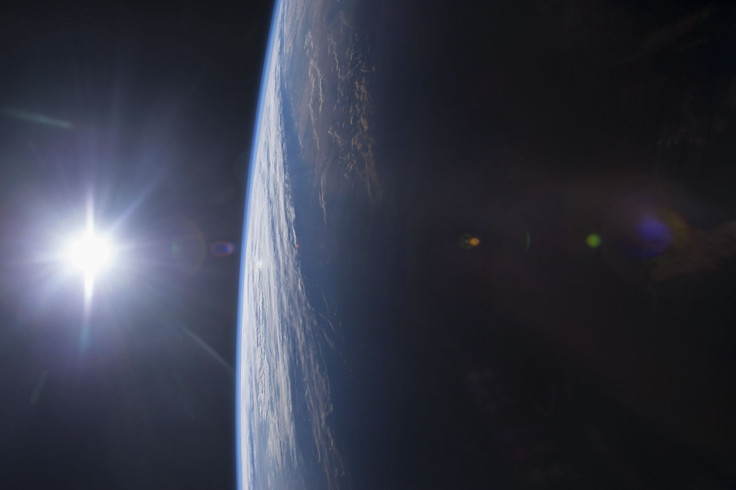Extra 'Leap Second' Will Be Added to Clocks June 30

Sometimes even the rotation of the Earth falls behind schedule. Come June 30, our planet's timekeepers will compensate by adding a "leap second" to clocks.
The International Earth Rotation and Reference Systems Service (IERS) announced the change Monday at the Paris Observatory, in a bulletin addressed to the "authorities responsible for the measurement and distribution of time."
The bulletin advises authorities the extra second will be introduced to Coordinated Universal Time (UTC) during the final minute, of the final day of June. That means that right after the clock hits "23h 59m 59s," it will strike "23h 59m 60s" UTC.
Another way to think about it: Instead of the roughly 86,400 seconds we normally experience in a day, we're getting 86,401.
Why, exactly, is this happening? "Well the real simple explanation is the Earth is slowing down a little bit," Nick Stamatakos of the U.S. Naval Observatory, told the Australian Broadcasting Corp.
Indeed, compared to ultra-precise atomic clocks, the Earth can't quite keep up, because it's "constantly undergoing deceleration caused by the braking action of the tides," according to the U.S. Naval Observatory.
Hence, the "leap second" system started in 1972, so our clocks stay in sync with how long it takes the Earth to rotate on its axis. "Leap seconds ensure that, on average, the Sun continues to be overhead on the Greenwich meridian at noon to within about one [second]," researchers once explained in Metrologia, a journal about the science of measurement.
IERS already has added 25 leap seconds to Coordinated Universal Time -- most recently in June 2012 when leap second glitches messed with website operators including Reddit, Gawker Media and Mozilla.
Leap seconds can only be added in June and December.
© Copyright IBTimes 2024. All rights reserved.





















